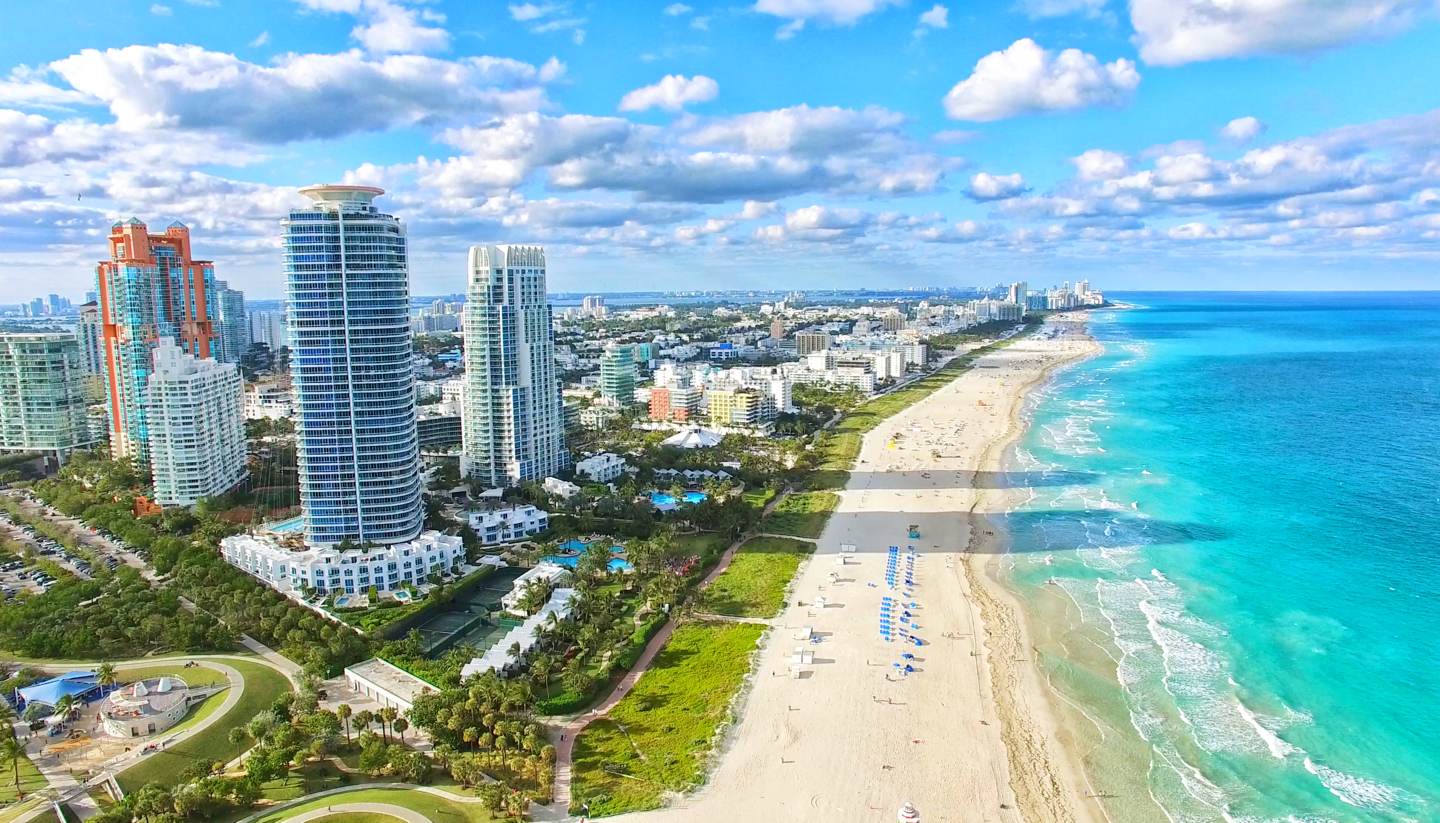Florida Health Care and Vaccinations
| Title | Special precautions |
|---|---|
| Diphtheria | No |
| Hepatitis A | No |
| Malaria | No |
| Rabies | No |
| Tetanus | Yes |
| Typhoid | No |
| Yellow Fever | No |
Health Care
It is strongly advised that visitors have medical insurance before travelling to the US. Only emergency cases are treated without prior payment and treatment may be refused without evidence of insurance or a deposit. Also, all receipts must be kept in order to make a claim. Generally-speaking, the medical facilities throughout the state are of a high standard. However, it should be noted that many medications available over the counter in other countries may require a prescription in the US.
Those visiting the US for extended periods of time with school-age children should be aware that school entry requirements include proof of immunisation against poliomyelitis, diphtheria, measles-mumps-rubella (MMR) and varicella (chickenpox). Schools in many states also require immunisation against pertussis and tetanus.
In case of medical emergencies, dial 911 from any telephone for ambulance, fire brigade and police emergencies only. The call is free. For less urgent matters, use the local telephone numbers of each agency.
Due to its higher-than-average senior population (nearly 23% of the population), Florida has a highly developed health care system.
Food and Drink
Generally, food and drink are considered safe throughout Florida. However, concern is to be taken for the high levels of saturated fats and sodium in fast food, which is prevalent and cheap in the US.
Other Risks
You should protect yourself against ultraviolet sunrays by wearing sunglasses and applying sunscreen at least 30 minutes before exposure to the sun. A sunscreen with SPF 15 or higher is recommended for adults, whereas, SPF 30 or higher is recommended for children. You should reapply several times during the day, especially after swimming or exercising. To avoid dehydration, you should drink sufficient amounts of water during prolonged exposure to heat and the sun.
Beware wild animals – do not try to feed them or get too close. Insect repellent is recommended for woodland areas or parks.
Be aware of the safety flag system set up at public beaches: A blue or green flag represents calm waters and a safe area for swimming; a yellow flag represents mild hazards, including light surf or currents – proceed with caution; a red flag indicates highly hazardous conditions unsafe for swimming; a double-red flag means that the entire area is closed to the public; a purple flag indicates that marine pests are present, which might include jellyfish, stingrays or dangerous fish. In the absence of a flag, check conditions with a lifeguard. It is not recommended to enter the water in the absence of a lifeguard.
Always lock car doors, purses, wallets, luggage and other valuables in the boot of your car in the event that you choose to not carry them with you. And for obvious reasons, do not leave car keys inside the car. Keep jewellery, cash, cameras, airline tickets, passports and other valuables in the hotel safe located in your room. Always lock your room door.



